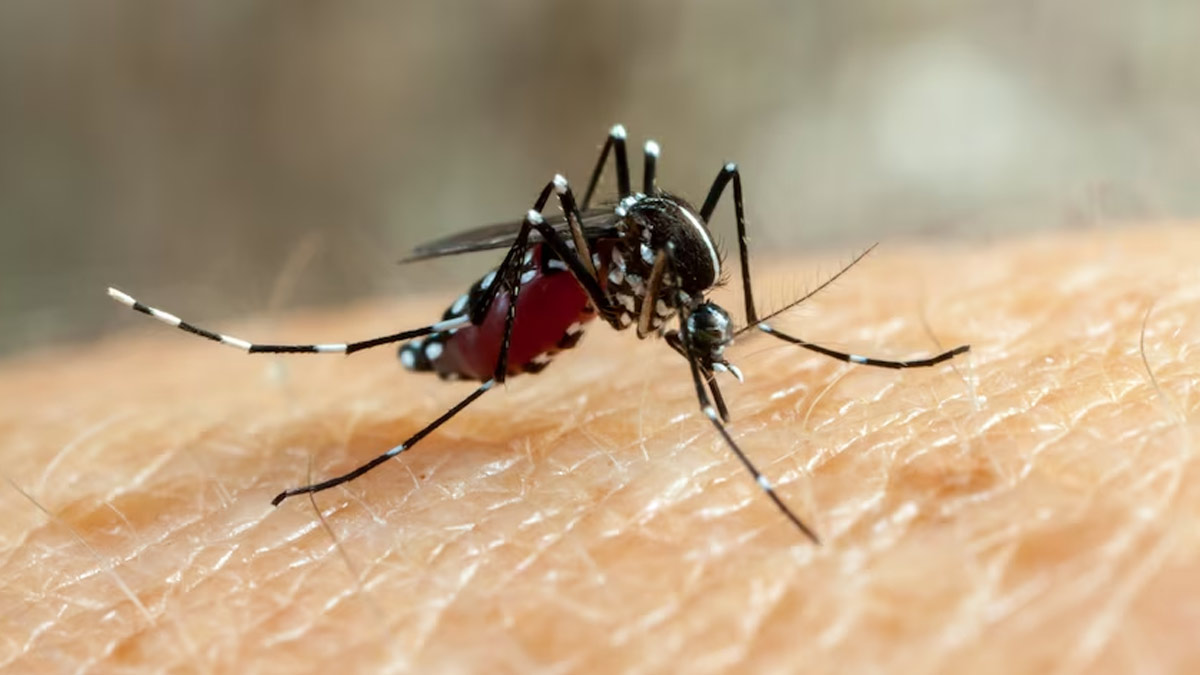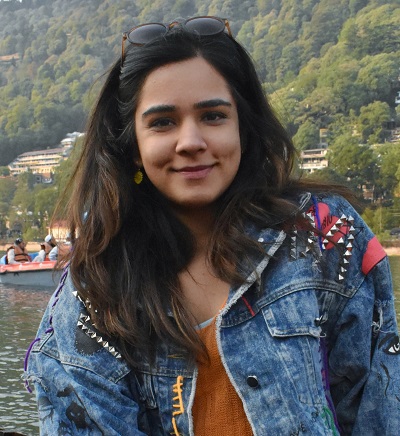
As of 2nd October’2023, over 4.2 million cases and over 3,000 dengue-related deaths have been reported from 79 countries and territories globally, shared the European Centre for Disease Prevention and Control. Out of these countries, India has been a hotspot for dengue infections, with 94,198 cases and 91 deaths in 2023, reported the National Centre For Vector Borne Diseases Control.
Despite these huge numbers of infections and deaths, it is bizarre that India has no vaccine for this vector-borne fever. To understand the reason behind this, the team of OnlyMyHealth spoke to Dr J Anish Anand, Consultant Internal Medicine, Apollo Hospitals, Jubilee Hills.
Dengue Vaccines In India

In the face of a dire need for dengue vaccines, Dr Anand provided some hope, “Few companies like the Serum Institute are still in the trial stage of development of cheap and indigenous dengue vaccines, and possibly in a year or two we may get the vaccine.”
However, this may seem strange, especially for a country that was the first in the world to produce a nasal vaccine for COVID-19, is known as the pharmacy of the world, and has been regularly implementing defogging, surveillance, and rapid testing of dengue infections. Explaining the obstacles in the way of a viable vaccine that is available nationwide, Dr Anand said, “Dengue virus has four serotypes, which is essentially a distinct feature that makes microorganism strains stand apart. Each serotype can cause dengue fever, and infection with one serotype does not provide immunity to the other three. This means that a dengue vaccine must protect against all four serotypes to be effective.”
Also Read: Dengue Haemorrhage Shock Syndrome: Everything You Need To Know About This Deadly Symptom Of Dengue
“The immune response to dengue virus is complex. It is not fully understood how the immune system protects against the dengue virus, and this makes it difficult to develop a vaccine that can mimic the natural immune response,” he added.
Why Are Dengue Vaccines Not Given To Children In India?

Dr Anand underscored that the World Health Organisation (WHO) does not recommend the use of the dengue vaccine in mass vaccination campaigns for children. “The WHO recommends that the dengue vaccine only be used in people who have previously had a laboratory-confirmed dengue infection and who live in endemic areas. Additionally, people with certain medical conditions, such as pregnancy or weakened immune systems, should not be vaccinated against dengue,” he added.
Also Read: Serum Institute To Soon Malaria Vaccine, Expects Dengue Cure Within A Year
Elaborating on the reasons why dengue vaccines are not approved as a part of the children's vaccination schedule in India, Dr Anand listed:
- Safety Availabilty and Cost: Safe and cheap dengue vaccines are not yet available in India. Approved dengue vaccines are relatively expensive, and the Indian government would need to invest a significant amount of money to vaccinate all children against dengue.
- Efficacy: The dengue vaccine Dengvaxia, developed by Sanofi Pasteur, which is approved for use in over 20 countries, including the United States, Mexico, the Philippines, and Thailand, is not 100% effective. It is around 60% effective at preventing hospitalisation and severe dengue fever.
- Risk of Severe Dengue after Vaccination: There is a small risk of severe dengue infection in people who have never had dengue before and are vaccinated with the available dengue vaccine. This is known as Vaccine Associated Enhanced Disease (VAED) and has been observed in people vaccinated with Dengvaxia.
- Logistical Challenges: Vaccinating all children against dengue would be a logistical challenge. India has a large population, and many children live in remote areas that are difficult to reach. Given these factors, the Indian government has decided not to include the dengue vaccine in the children's vaccination schedule at this time.
Dr Anand concluded that despite these challenges, there has been significant progress in dengue vaccine development in recent years. Pharmaceutical manufacturers are working on developing multivalent vaccines which will protect against multiple serotypes of the dengue virus, and are safe for people who have never had a dengue infection. It is hoped that these research efforts will lead to the development of a safe, effective, and indigenous dengue vaccine that can be used to protect people not just in India, but around the world from this serious disease.







